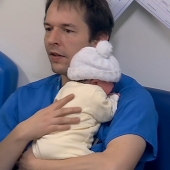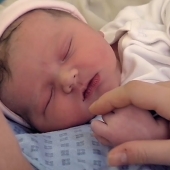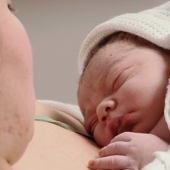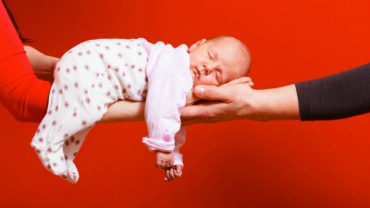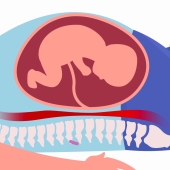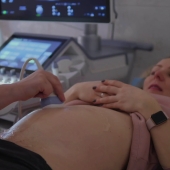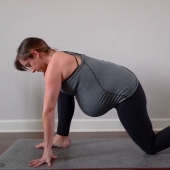A healthy balanced diet in pregnancy supports your wellbeing and baby's development. Your energy needs do not increase until the 3rd trimester. After 28 weeks around 200 extra calories a day are needed. So there is no need to eat for two. It's important to have foods rich in key pregnancy nutrients.
Folic Acid:
- Helps prevent neural tube defects such as spina bifida.
- Important around conception and early pregnancy.
Iron:
- Helps build tissuses
- Keeps blood healthy
- Reduces maternal fatigue
Omega-3 Fatty Acids:
- Important for baby's brain, eye and nervous system development.
- Found in walnuts and oily fish such as salmon, sardines and mackerel.
- Try to have 2 portions of fish per week, 1 of which sholuld be oily fish.
Vitamin D:
- Essential for the development of baby's bones, teeth and immune system.
- The primary source is sunlight.
- Also obtained through the diet.
Iodine:
- Support your metabolism.
- Vital for baby's brain and nervous system development.
It's hard to get enough Folic Acid and Vitamin D from the diet alone. A supplement of 10µg Vitamin D and 400µg Folic Acid per day. Is recommended for all pregnant women by the Department of Health.
What you eat during pregnancy acn influence your baby's future taste preferences and can positively impact their life-long health.
Avoid foods which present a risk to your developing baby:
- Raw fish & shellfish
- Very rare or undercooked meat & fish
- Alcohol
- Unpasteurised milk, yoghurt or cheese
- Raw and undercooked eggs
- Raw or cured meat
- Swordfish, marlin & shark
- Liver and liver products like pâté
- 2471 views

